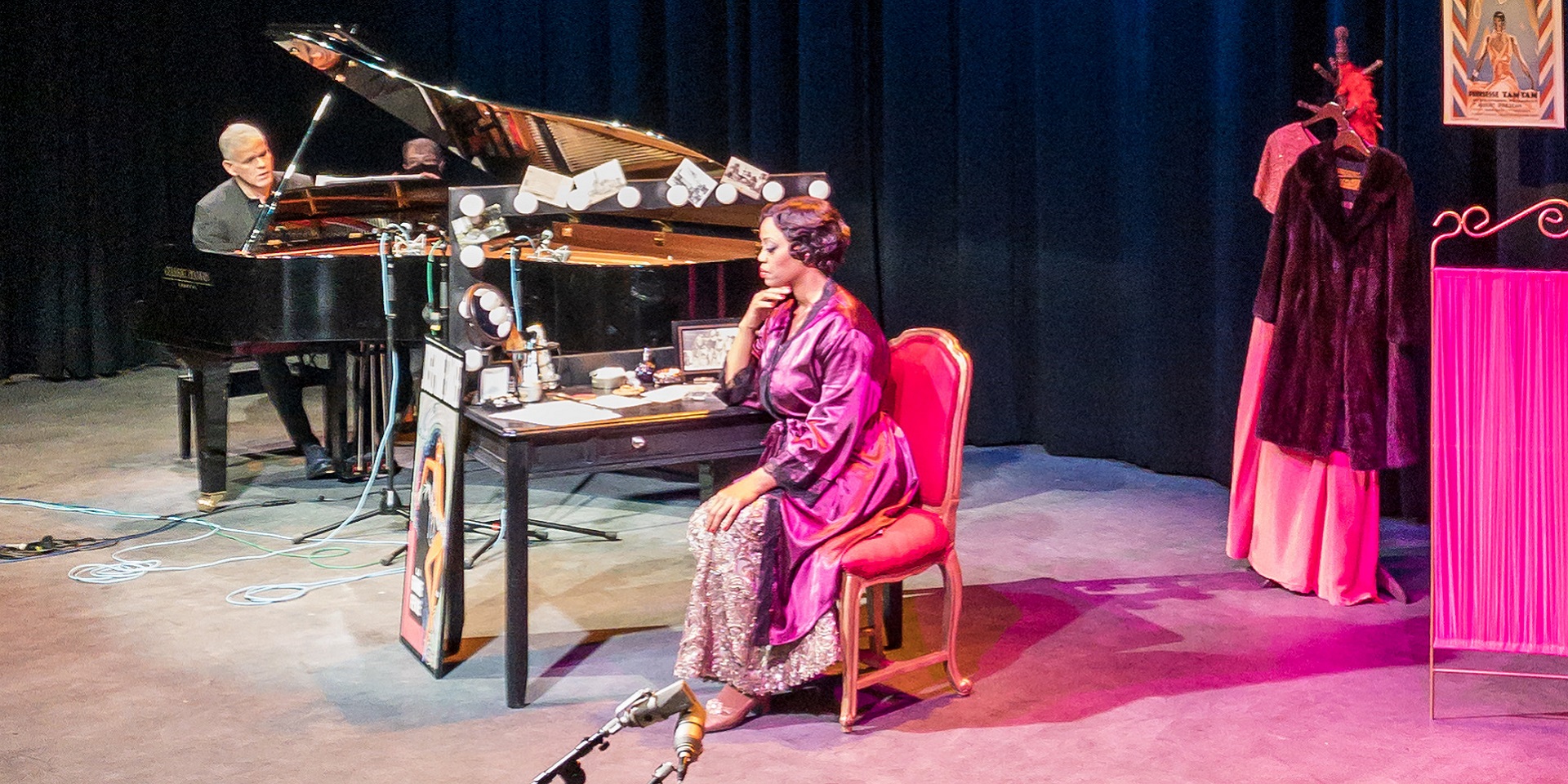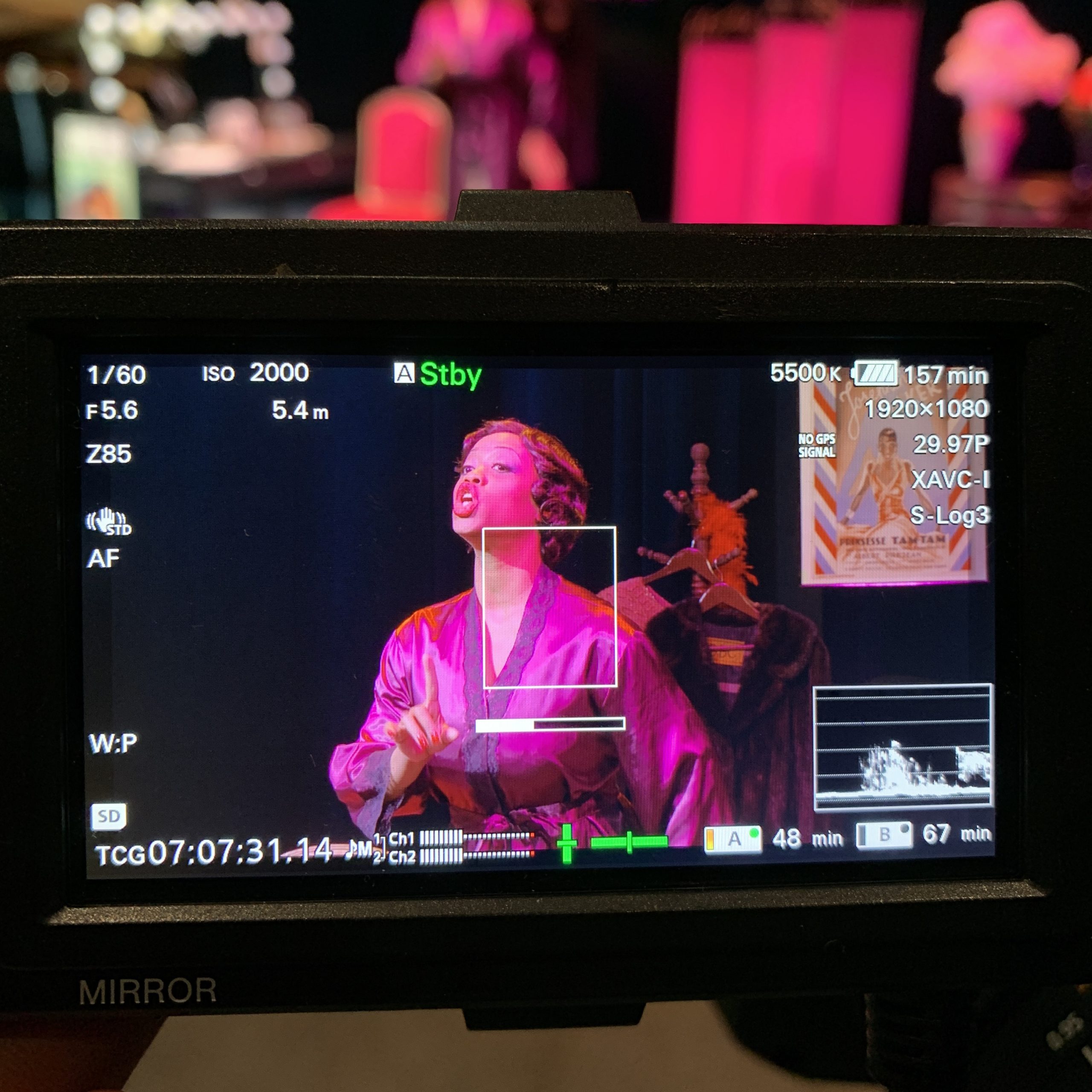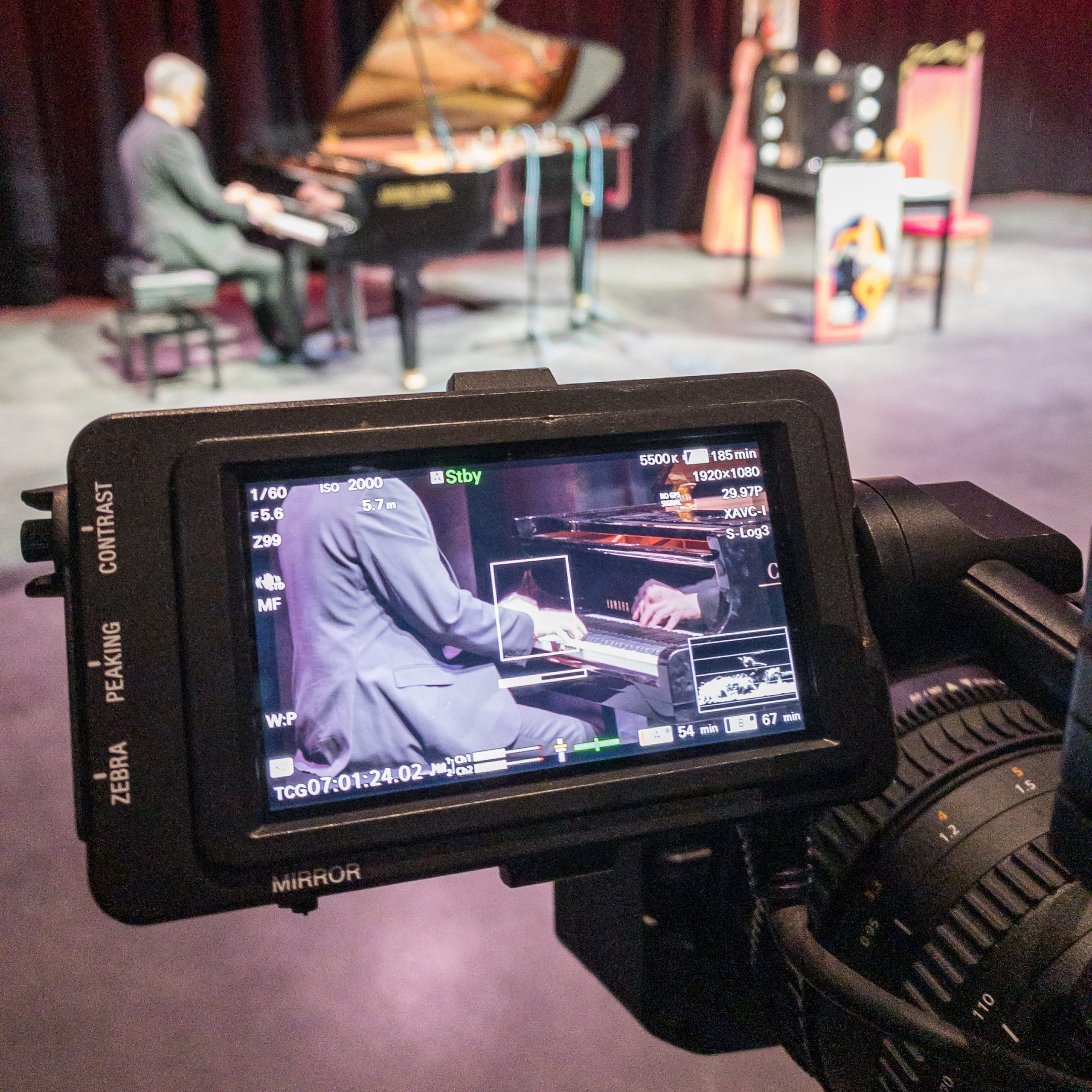Behind the Curtain: Embracing the New

By: Greg Carpenter
Today, many opera companies are feeling more like movie producers than producers of live performance. The COVID-19 pandemic has demanded we look at opera in an entirely new way to remain connected to our current audiences and continue to build new audiences for the future.

Instead of orchestra musicians, chorus members, stagehands, stage managers, and opera houses, we are now working with video and sound engineers, program editors, production studios, and content delivery platforms, along with music licensing and intellectual property lawyers. It is a whole new world for us. The learning curve is steep, but it is tremendously rewarding to be developing new skills that will most certainly remain important tools of our future.
While so much feels different, there is one thing that remains unchanged. We are still telling great stories through music, words, and drama. After all, the collaboration between composer and librettist or poet is what opera is all about. Mozart, Verdi, and Puccini selected stories or important moments in history as a way of commenting on the social and political happenings of their time. Mozart’s The Marriage of Figaro pokes fun at the aristocracy and reflects the principles of the French Revolution. Verdi’s great historical dramas are direct hits on the politics of his time and were often refused premieres in Italy by government sensors. Puccini’s La Bohéme is not just beautiful music and a heart-wrenching love story. It is a comment on the socioeconomic hardships of working-class artists in turn of the century Paris.

We continued this great storytelling tradition on March 4 with the premiere of our first major digital program featuring Tom Cipullo’s Josephine and a curated program of music, words, and dance, The Promise of Living. In Josephine, we pay tribute to the iconic performer who was also a French Resistance agent and civil rights activist. She used her celebrity as a catalyst for social justice. In The Promise of Living, we explore the history of Black people in America, beginning with the first slave ships arriving in Virginia in 1619 and proceeding on through the Civil War, Emancipation, and the Civil Rights Movement. We tell a story of struggles, opportunities, and successes. It is our hope that by presenting these stories through the digital medium, we gain a better understanding of the world around us and we bring new meaning to that important phrase in our Declaration of Independence: “That all men are created equal.”
I am in awe of soprano Laquita Mitchell, who enthusiastically embraced the challenge of curating The Promise of Living, and of Nmon Ford, Terrell Davis/Davis Contemporary Dance, and Israel Gursky for their contributions of time, ideas, and talent to the creation and performance of the program. I am thrilled that former Mayor and First Lady Wellington and Wilma Webb are lending their voices as narrators, and that we are inaugurating a very special partnership with Rocky Mountain Public Media.
While we are all anxious to get back to producing grand opera in the hallowed halls of our industry, we are also grateful to have technology and the digital medium to continue to tell important stories through the human voice raised in song.
I hope you will join us for Josephine & The Promise of Living, on demand now through March 18. Register for free and enjoy unlimited viewing of this poignant and powerful program.
Read Laquita Mitchell’s thoughts in creating The Promise of Living.
Learn more about Nmon Ford, Opera Colorado’s first Opera Innovator.
Have you gotten a chance to watch the program yet? What did you think? Let us know in the comments below.


